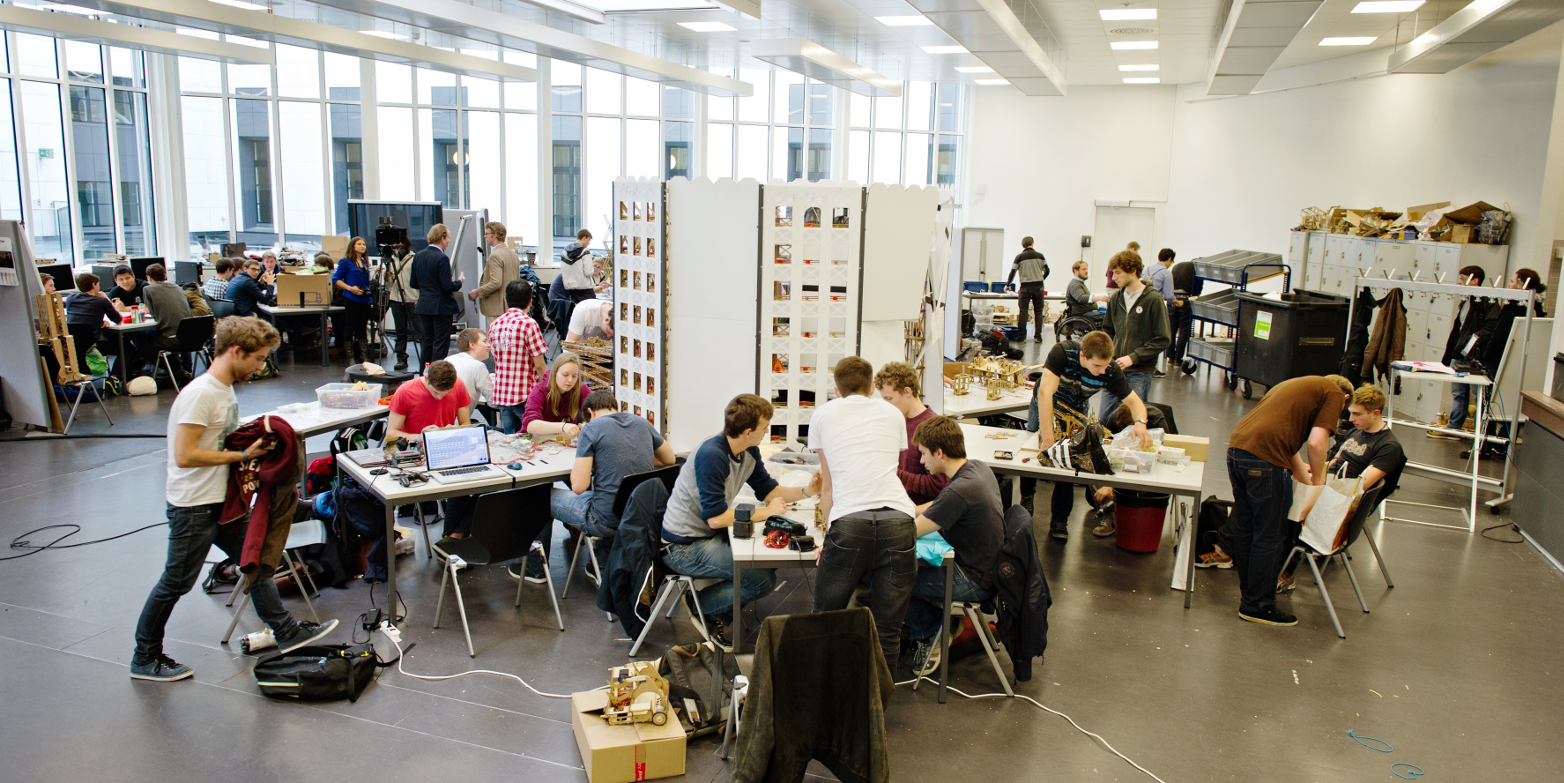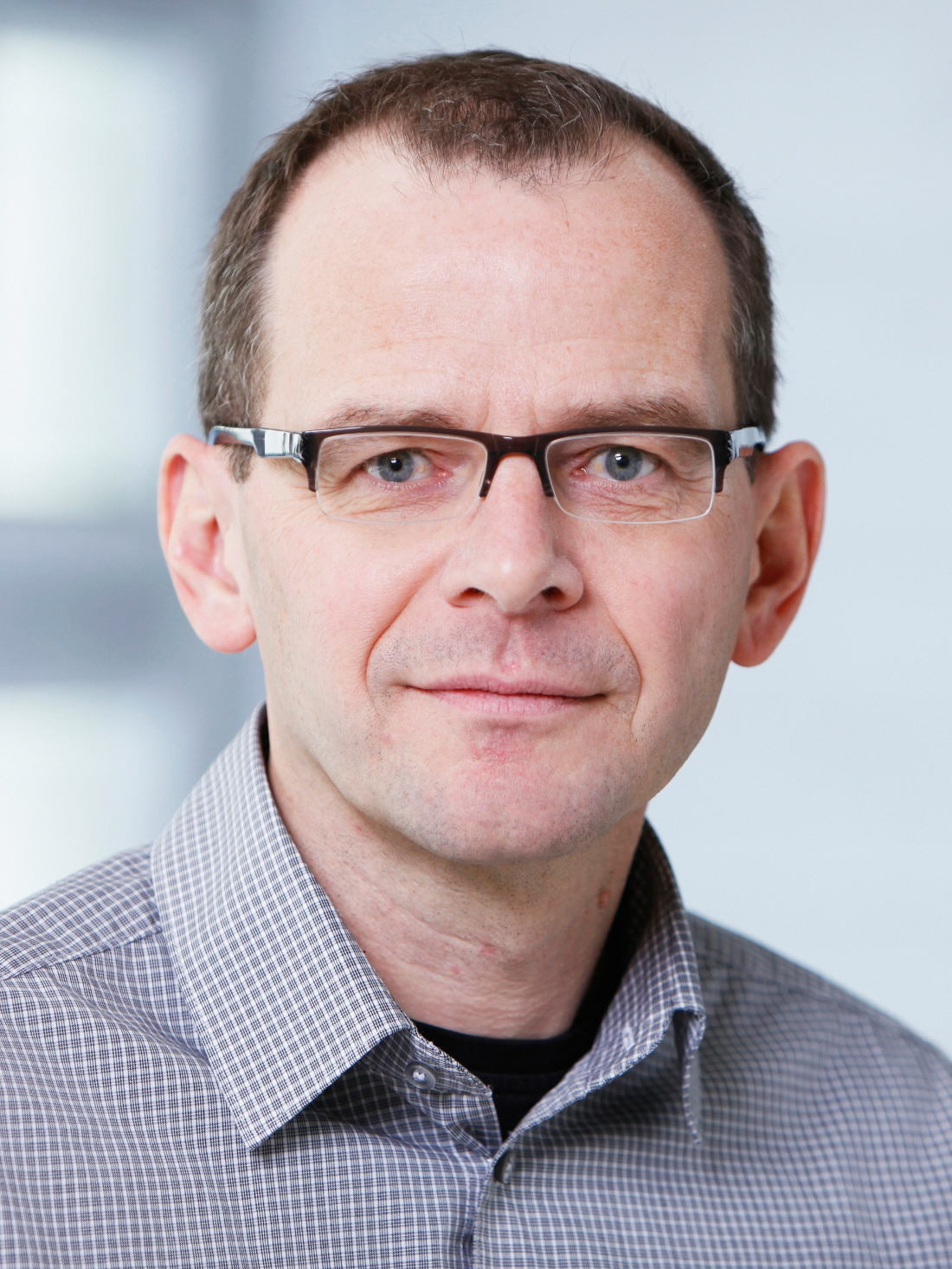Ensuring a sensible, individualised course of study
ETH Zurich has revised its policies regarding curricula. A good occasion to talk with the responsible Vice Rector, Andreas Vaterlaus. He explains the purpose of these principles, which degree courses are currently being worked on and the trends that are emerging in the context of these projects.
ETH News: “Policies regarding curriculum development and the curricula of degree programmes” is the somewhat awkward title of the paper that was recently revised. Professor Vaterlaus, what purpose do these principles serve?
Andreas Vaterlaus: This paper is a kind of checklist. We use it when we advise a department regarding a revision of a degree programme or when a department is launching a new degree programme. They ensure that the general conditions pertaining to the time frame or the academic content are met. Ultimately, they also serve to ensure the quality of the teaching or to increase it even further.
Can you give us an example?
Let’s take the qualifications that the students are to acquire during their studies. These should be defined as early on in the process as possible. Only then can you work out the content that is meant to help them to develop this qualification. This is linked to thoughts on the selection: what opportunities for compensation should there be, and which skills are so fundamental that they absolutely must be attained in order for someone to receive a degree from ETH?
And what has changed with the revision of the principles?
First of all, I have to mention that the principles are not yet all that old. We have been working with them for a year. But it has turned out that especially the scope and the structure of the curricula deserve more attention. For example, the issue of how to ensure a sensible, individualised course of study. That may involve offering core subjects and electives, a tutoring system with a learning agreement, or a definition of majors and minors. It’s about creating the best course of study for students out of the various subjects and teaching forms.
Are you also trying to promote certain teaching methods with these principles?
Actually, no. The teaching methods should rather derive from the teaching goals, and provide students with the right kind of support to gain the required skills. Forms that motivate the students to participate actively in thinking and working deserve special attention, of course.
For example?
Project-based teaching is becoming increasingly important. It has a long tradition among mechanical engineers, for example. It’s interesting that there it has now even become integrated in the first year of Bachelor studies. And project-based teaching plays a major role in the current degree programme initiative in materials science.
What is so special about this approach?
Project-based learning is about approaching a complex problem that requires skills from different courses. The problem can usually only be solved by a group. So this teaching form promotes both individual and social skills that are of vital importance in the working world.
Are there any other “trends” in the development of curriculum?
“Trends” might not be the right word, but the considerations are moving in a similar direction in a completely revamped Bachelor’s degree course for civil engineers: the people behind the Geospatial Engineering course intend to specifically promote interdisciplinary skills, and to do so throughout all classes. We hope to see results from this initiative that could also be of interest for other study programmes.
What triggers the revision of a curriculum?
That varies quite a lot. In general, degree courses change over time because the subjects of research shift, for example as a result of professors retiring. Or consider all the technological development. This also affects teaching of course, and the coherence of a degree course can suffer. We therefore also have projects simply designed to analyse existing curricula in their entirety.
How do you do that?
We use various instruments in such analyses. They might be conventional workshops that we conduct with the lecturers and students, or also with the actual decision makers. And we also use more modern evaluation methods, such as rating conferences. To check how skills in a degree programme are structured, we have the programme-planning software LOOOP (Learning Opportunities, Objectives and Outcomes Platform). It was developed by the Charité in Berlin, and proved very useful in the development of new Bachelor’s degree programme in medicine. Using LOOOP we can show how much the individual courses contribute to the qualification by “mapping” them on a catalogue of skills. We now also use this tool to analyse existing degree courses.
And how many curricula in total are being revised?
At the moment we’re overseeing about a dozen larger development projects. Of these, four are connected to a degree programme initiative. That means that they receive financial support from the Rector’s Innovedum funds.
Are new degree courses also included?
Yes, electrical engineers and physicists are currently working urgently on a completely new Master’s degree programme for quantum engineering. It is to start in autumn 2019 and a quantum engineering laboratory is planned, among other things, in which project-based work can be done.


